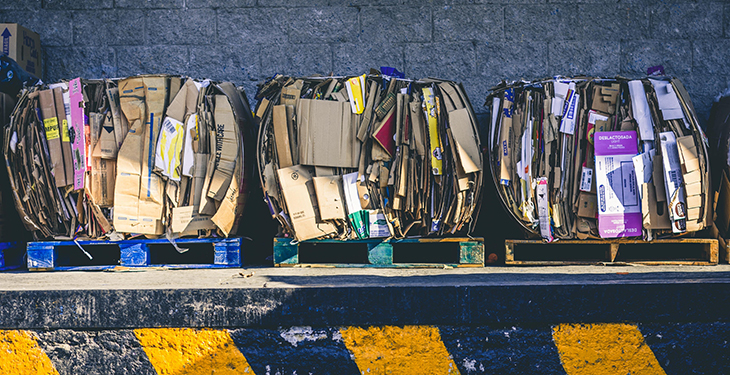Bogdan Tudorache
The storage system is the only chance at the moment to increase the amount of waste collected and thus to reduce the amount of waste that reaches the landfill, said Denise Deleanu, Chief Operating Officer of Reciclad’OR, at the Circular 7 conference, organized by Green Report.
“We believe that the deposit system is the only chance at the moment to increase the amount of waste collected and automatically reduce the amount of waste that reaches the landfill. Without the deposit system we will not be able to go ahead as a country. But I am confident that Romania is able to overcome the small problems that it encounters and I will be able to achieve in the shortest possible time, the targets set by the EU,” Deleanu said.
Also, Constantin Damov, president of Green Group and head of the Coalition for Circular Economy Association (CERC), explained that the problem of recycling in Romania is the collection, not the recycling.
“We don’t have measurement points, we don’t know what we measure, we don’t know how to report, after all we don’t know what we do. In Romania, we measure recycling in the field, that is, where someone collects (…) Things need to be developed. It is likely for the first time that the Ministry of the Environment can make some decisions based on a study. So far, the decisions have been taken emotionally … Our coalition would like to conduct a study with the Romanian academic environment about what has happened since the time this GEO 74 appeared last year. Let’s see what the effects are and how the collection has evolved in our country. The problem of recycling is the collection, not the recycling. Everyone says that Romania does not recycle enough. No, Romania does not collect enough,” said Damov, according to GreenReport.
Although it became mandatory as of January 1, 2019, the system “pay for what you throw” is not implemented or, at best, works poorly and not at the level of the whole country. The quantities of waste “taken to the pit” do not decrease. On the contrary, the costs for the territorial administrative units are increasing, by taxing the deposit (from 30 lei/ ton in 2019, to 80 lei/ ton in 2020).
The deposit-guarantee system for returnable packaging also works poorly, although in many countries it has proven useful.
If the European target for municipal waste for this year is 50%, in 2025 it will increase to 55%, and in 2030 – 60%. For non-hazardous construction and demolition waste, the target for this year is 70%, and by the end of 2024, the EC will set new targets.
The directive on packaging waste has a general target of 55% at present, and for plastics it is 22.5% (50% at the end of 2025), for wood 15% (25% in 2025), glass – 60% (70% in 2025), paper and cardboard – 60% (75% in 2025), and for metals the target is 50% (70% at the end of 2025).
